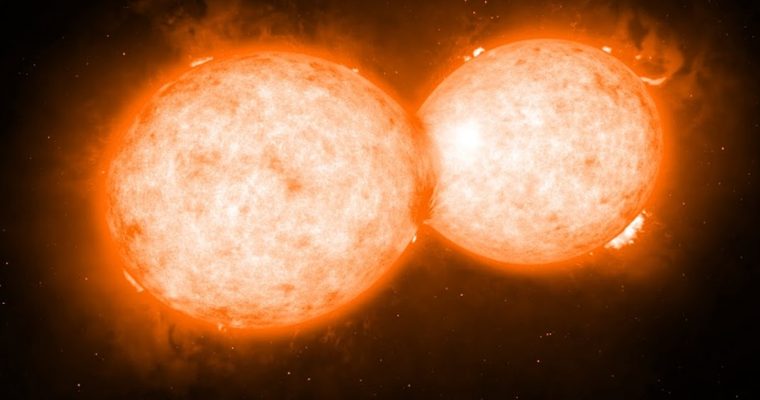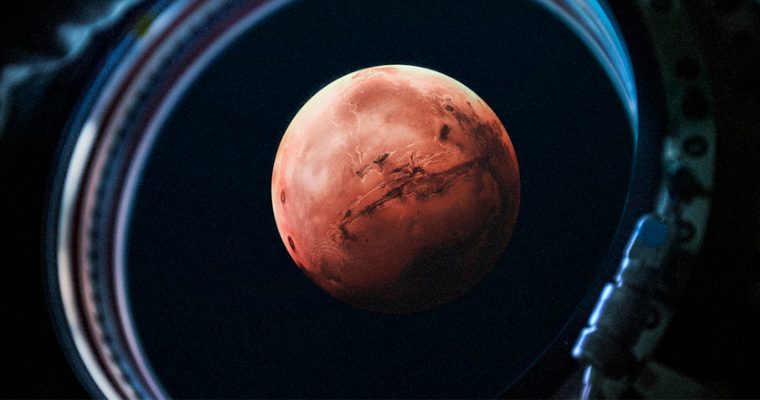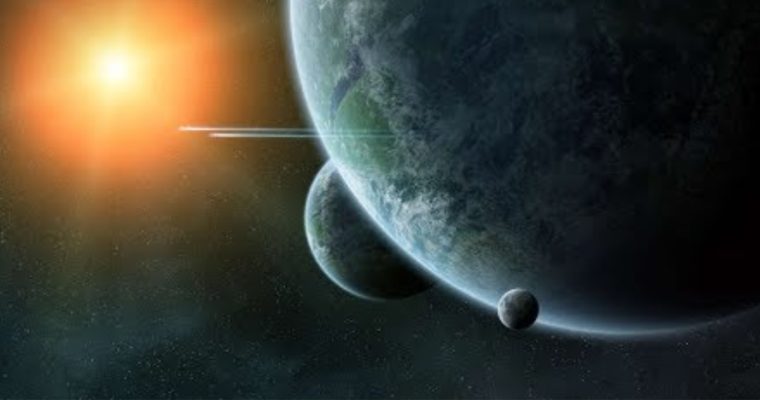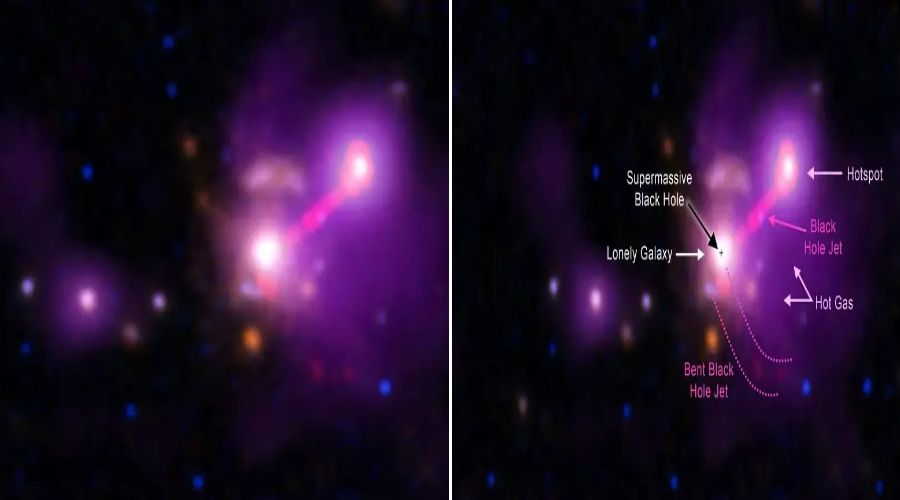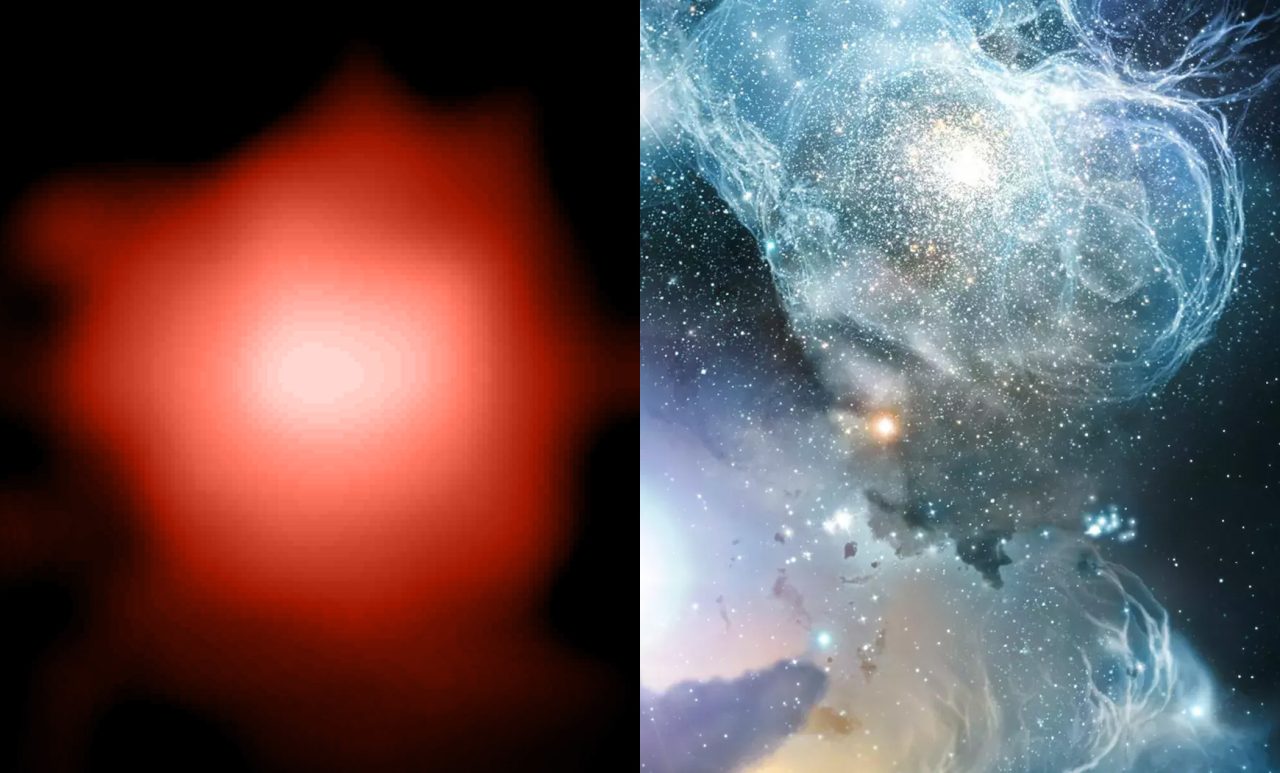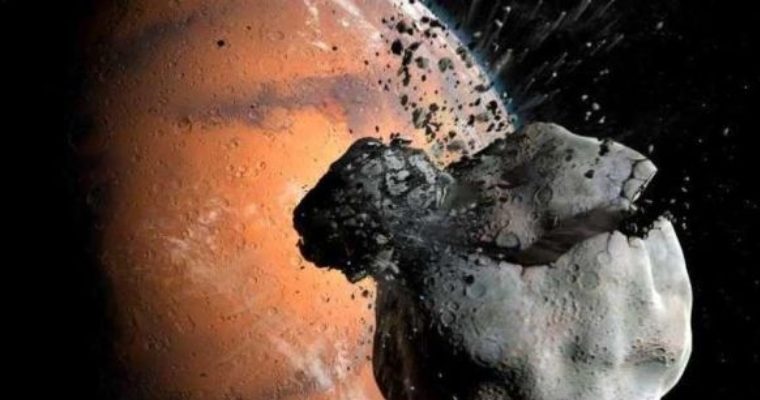Scientists find traces of black holes from other universes in the night sky. This shows that there have been other universes.
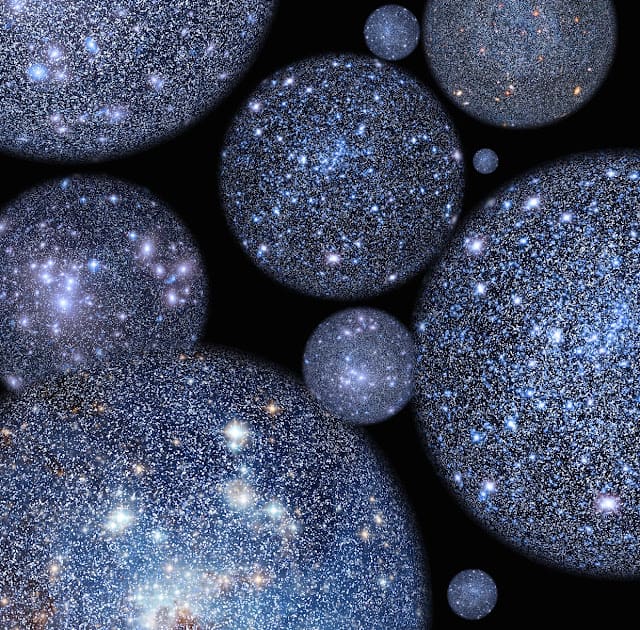
According to New Scientist, the theory is based on a concept known as “conformal cyclic cosmology” (CCC). It implies that there were many Big Bangs before our universe was created. Instead, it experiences shrinking and Big Bang cycles.
These researchers claim that even though the majority of the universe would be annihilated between cycles, some electromagnetic radiation might survive. On arXiv, their study findings have been published.
Roger Penrose, a mathematical physicist at the University of Oxford and one of the co-creators of the CCC theory, stated that what they believe they are witnessing is the final remnant of a black hole that long ago vanished. He contributed to the theory and was a co-author on the paper.
The proof is presented as “Hawking points,” which bear the late Stephen Hawking’s name. He believed that black holes would emit Hawking radiation, which, according to Penrose and his associates, could move from one universe to another.

They think Hawking points could come from the cosmic microwave background, which is the radiation left over from the Big Bang. Hawking spots would show up on the CMB map as rings of light called B-modes.
Before, scientists thought that gravitational waves or interstellar dust caused these strange spots in the CMB. But Penrose and his colleagues think that their theory could give an exciting answer. In fact, the BICEP2 project, which is trying to map the CMB, may have already found a Hawking point.
“The existence of such anomalous points seems to be a problem for cosmic inflation, but it is an implication of conformal cyclic cosmology (CCC),” the team wrote in their paper.

“Even though this radiation comes out at a very low temperature, the conformal compression of the entire future of the black hole makes it very concentrated in CCC. This makes it come out at a single point at the crossover into our current aeon.”
Not everyone agrees with the idea of a universe that recycles. Most of our data suggest that the expansion of the universe is speeding up, and that the universe is not dense enough to collapse back into a single point and then expand again. This idea is called the Big Bounce.



